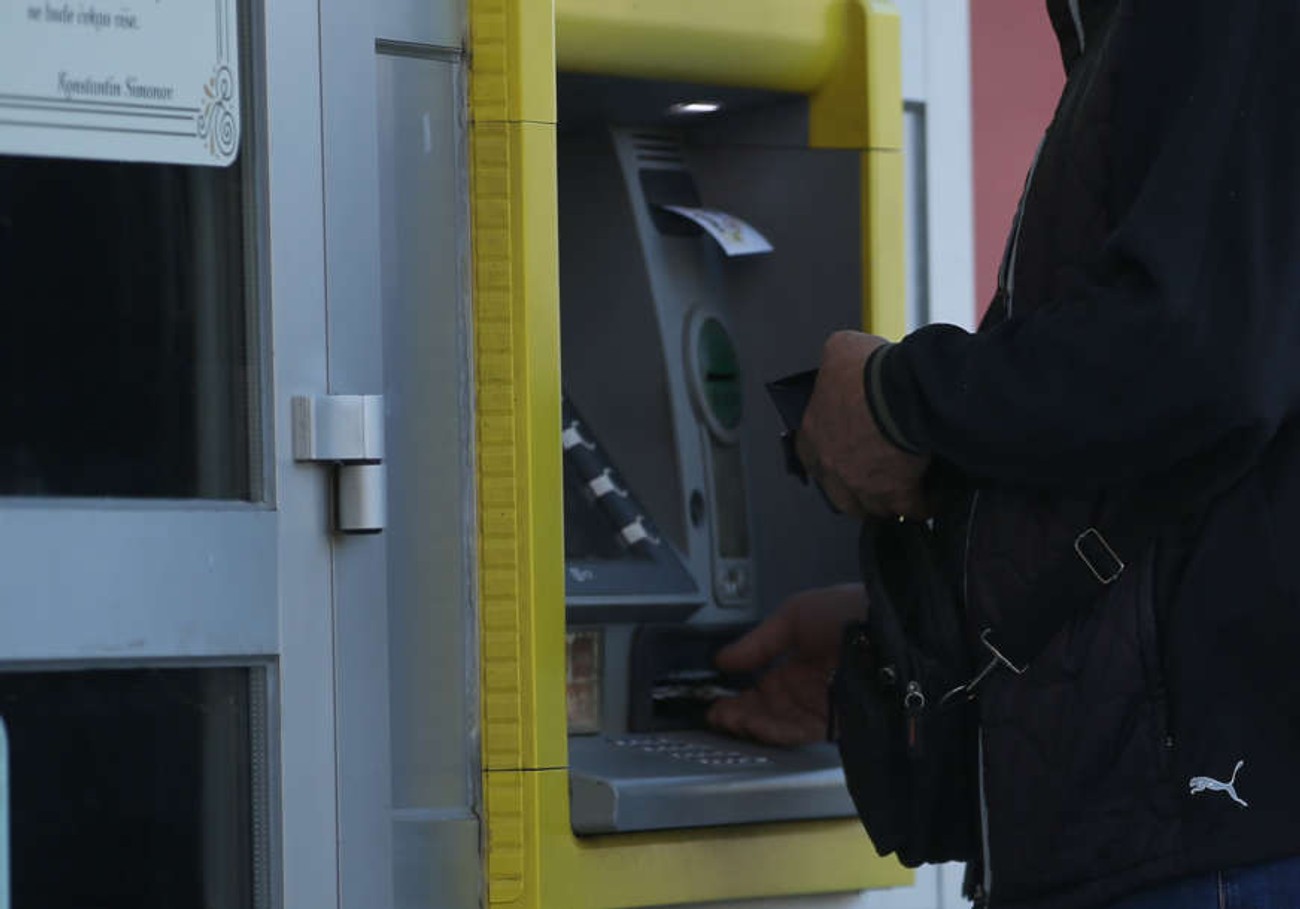Banks in Croatia and Germany are rolling out new, strict rules to control how much people can borrow, and we’re here to tell you what it really means! Will these new regulations save us from financial disaster or just shove us deeper into debt? Let’s unravel this banking drama.
Debt Levels Are Sky-High
Imagine this: people in Croatia and Germany are living more and more on credit cards and overdrafts. In Croatia, according to the Croatian National Bank, overdrafts on current accounts have reached a staggering 1.5 billion euros, while credit card debts exceed 2 billion euros! Yes, you read that right — billions! People can’t even cover basic expenses, let alone breathe financially free.
New Rules — Who’s Actually Protected?
Starting July 1st, Croatia is introducing macroprudential measures that limit how much you can pay monthly on loans. Mortgage payments can’t exceed 45% of income, and other loans are capped at 40%. The maximum repayment period for mortgages is 30 years, and for other loans, 10 years. No more endless debts suffocating you!
In Germany, the government of Friedrich Merz is preparing a law to further protect consumers from overborrowing. Special attention is on the popular “buy now, pay later” model, which until now was like the Wild West — no rules, no control. Now, these will be treated like regular loans, with mandatory credit checks and clear disclosure of all risks and costs.
Overdrafts — A Little Breathing Room
For those already in the red, there’s some good news. Banks won’t be able to demand immediate repayment of overdrafts. They must respect a notice period of at least two months, and clients will be offered to repay the debt in 12 equal monthly installments at a pre-agreed interest rate. A bit of relief for those drowning in debt, right?
But Is It Enough?
Experts warn that debt, especially among young people, is a growing problem. Small loans and installment purchases encourage impulsive spending and create debts that are hard to escape. Will the new measures really prevent a financial meltdown or just delay the inevitable?
Conclusion
Banks and governments are finally raising their voices against reckless borrowing, but the question is whether it will be enough to save ordinary people from financial slavery. Have you already felt the impact of these changes? Or are you already in the red, waiting to see what happens next? Share your thoughts, because this topic isn’t for the faint-hearted!
And hey, if you thought this was the end of banking surprises, wait till you see what’s next. The financial drama continues, and we’ll be here to follow it together. Maybe it’s time we all learn how not to be slaves to our own cards and loans. Or at least have a good laugh while sinking in debt. What do you think? Comments are open, so throw in a word — or a joke — if you feel like it!









